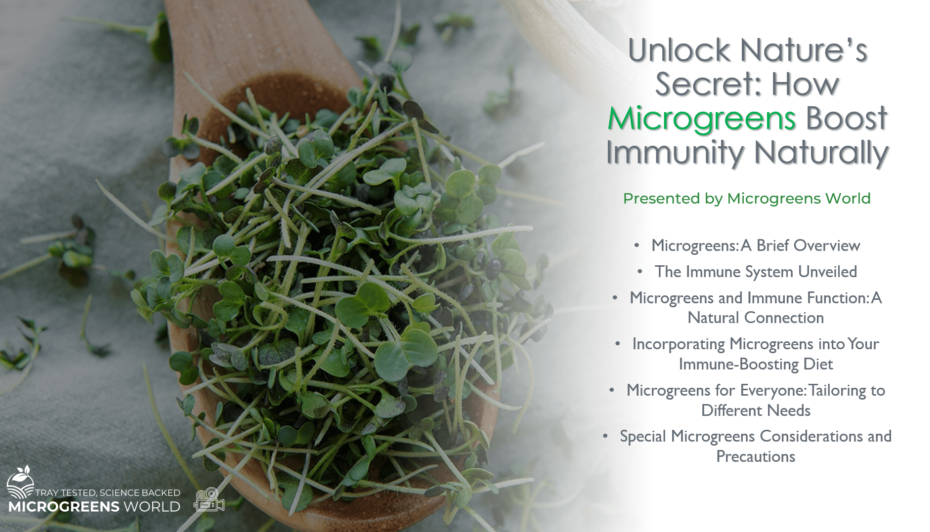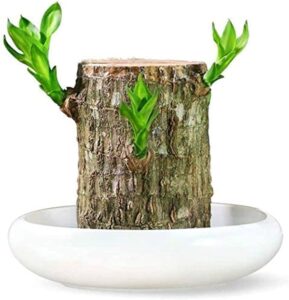Leaves are not just essential components of plants for photosynthesis; they also offer numerous benefits to the environment and living organisms.
Additionally, leaves help to regulate the water cycle by absorbing water from the soil and releasing it into the atmosphere through transpiration. Moreover, leaves provide habitats and food sources for many insects, birds, and other animals. They also contribute to the overall biodiversity of ecosystems by providing shelter for small creatures and supporting various food webs. In urban areas, trees with abundant leaves can help reduce air pollution by trapping airborne particles and absorbing pollutants through their stomata. Furthermore, leaves have been used for centuries in traditional medicine for their therapeutic properties. They contain essential nutrients and antioxidants that can help boost the immune system and promote overall well-being. Whether consumed as herbal teas or used in topical treatments, the benefits of leaves extend beyond their ecological significance. In conclusion, it is clear that leaves play a crucial role in supporting life on Earth. Their multiple benefits, from oxygen production to providing habitats and medicinal properties, underscore the importance of preserving and appreciating the value of leaves in our environment. So next time you take a walk in the park or admire the beauty of a tree, remember to thank the leaves for all their leaf benefits!One of the primary benefits of leaves is their role in producing oxygen through the process of photosynthesis, which is crucial for sustaining life on Earth..
Green Goodness: The Power of Leaves
Green Goodness: The Power of Leaves Leaves play a crucial role in the circle of life, serving as the main sites of photosynthesis in plants.
From a nutritional perspective, leaves are rich in vitamins, minerals, and antioxidants that are essential for human health. Consuming a variety of leafy greens, such as spinach, kale, and collard greens, can provide numerous health benefits, including improved digestion, enhanced immunity, and reduced risk of chronic diseases. In addition to their nutritional value, leaves are also environmentally beneficial. They help regulate the Earth’s climate by absorbing carbon dioxide from the atmosphere and releasing oxygen back into the air. They also provide habitats for a variety of species, contributing to biodiversity and ecosystem stability. Overall, the power of leaves extends far beyond their visual beauty, showcasing nature’s incredible ability to support life in numerous ways. Incorporating more leafy greens into our diets can not only benefit our health but also contribute to a more sustainable and balanced ecosystem.This process allows them to convert sunlight into chemical energy, producing oxygen while storing nutrients for the plant’s growth..
Unlock the Secret Health Benefits of Leaves: A Natural Wonder Revealed
Leaves, often overlooked in our daily lives, are actually a hidden treasure trove of health benefits waiting to be unlocked. From the aromatic basil leaves in your kitchen to the lush green foliage in the great outdoors, leaves are a natural wonder that holds immense therapeutic potential. Various types of leaves contain an impressive array of vitamins, minerals, and antioxidants that can promote overall wellness. For example, mint leaves are known for their ability to aid digestion and freshen breath, while the medicinal properties of neem leaves have been utilized for centuries in traditional medicine to treat various ailments. Additionally, the chlorophyll found in green leaves has powerful detoxifying properties that can help cleanse the body and support liver health. Incorporating a variety of leaves into your diet, whether through salads, teas, or herbal remedies, can provide a natural boost to your immune system and contribute to a healthy lifestyle. Next time you take a stroll in nature or prepare a meal in the kitchen, consider the potential health benefits that leaves can offer. Unlock the secrets of leaves and harness their natural wonders to support your well-being.
Exploring the Health Benefits of Leaves
| Benefit | Description |
|---|---|
| Cleansing | Leaves help cleanse the air by removing toxins and other impurities, improving overall air quality in indoor spaces. |
| Oxygenation | Through the process of photosynthesis, leaves release oxygen into the atmosphere, thus increasing oxygen levels and supporting healthier breathing. |
| Shade provider | Large leaves provide shade, helping to cool down the surrounding area and protecting from excessive exposure to the sun’s harmful rays. |
| Aesthetics | Leaves enhance the visual appeal of landscapes and indoor spaces, adding natural beauty and creating a soothing environment. |
| Habitat support | Leaves serve as habitats for various organisms, providing shelter, food, and breeding grounds for insects, birds, and other wildlife in ecosystems. |
FAQ
FAQs – Leaf Benefits

Q: What are the benefits of leaves for the environment?
A: Leaves play a vital role in the ecosystem by producing oxygen through photosynthesis, providing habitat for insects and animals, regulating temperature, and improving soil health through decomposition.
Q: How do leaves benefit the soil?
A: When leaves fall and decompose on the ground, they enrich the soil with nutrients, improve its structure, enhance water retention, and encourage the growth of beneficial soil organisms.
Q: How can leaves benefit my garden or plants?
A: Using shredded leaves as mulch can help retain soil moisture, suppress weeds, regulate soil temperature, and add organic matter to improve soil fertility. Leaves can also be composted to create nutrient-rich soil amendments for your garden.
Q: Are there any health benefits of leaves for humans?
A: Some leaves are edible and rich in nutrients, antioxidants, and other compounds that can contribute to human health. For example, spinach leaves are high in iron and vitamins A and C, while basil leaves contain antibacterial properties.
Q: Do leaves have any medicinal benefits?
A: Certain leaves, such as those from the tea plant (Camellia sinensis), are used to make medicinal teas that have various health benefits, including boosting immunity, reducing inflammation, and aiding digestion.
Q: How can leaves benefit wildlife?
A: Wildlife, such as birds, insects, and small mammals, rely on leaves for nesting materials, camouflage, food sources, and shelter. Leaves also support the life cycle of many insects, which are essential for pollination and ecosystem health.
Q: Can leaves be used for crafts or DIY projects?
A: Yes, leaves can be pressed and preserved for decorative purposes, used in art and craft projects, or even incorporated into homemade natural beauty products like infused oils, scrubs, and herbal baths.
Q: Are there any cultural or symbolic meanings associated with leaves?
A: Leaves often symbolize growth, renewal, fertility, and connection to nature in various cultures and traditions. They are commonly used in art, literature, ceremonies, and rituals to represent life cycles and seasonal changes.
- Cat Palm vs Majesty Palm: Which Should You Choose? - June 30, 2024
- Flowers That Survive Winter: Discover the Exceptional No. 5 - June 30, 2024
- The Ultimate Guide to the Growth and Care of the Black Pagoda Lipstick Plant - June 29, 2024




